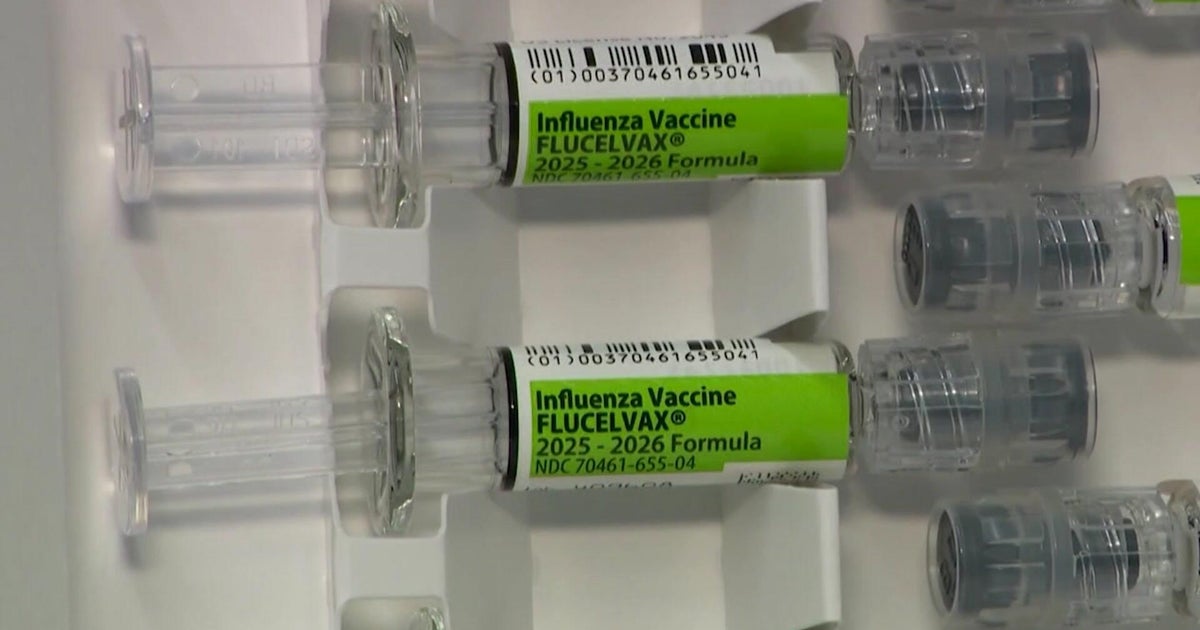March of Dimes campaign aims to decrease pregnancy-related deaths in Black women
The March of Dimes has launched a new campaign to try to decrease pregnancy-related deaths to mark Black Maternal Health Week.
Zeinab Dieng is settling in at home with her newborn son and her daughters. She spent a month in the hospital because she had preeclampsia, the potentially deadly condition that causes a pregnant woman's blood pressure to rise. Her baby had to be delivered early at 33 weeks.
Dieng also had preeclampsia while she was pregnant with her triplets, so doctors recommended low-dose aspirin daily during this latest pregnancy to reduce her risk. It's featured in the March of Dimes' low-dose, big benefits campaign.
"Low-dose aspirin is associated with a decrease in both preeclampsia and preterm birth," Dr. Amanda Williams, interim chief medical officer with the March of Dimes, said. "Both of which are far more common with Black pregnant patients than they are with the general population."
Research reviewed by the U.S. Preventive Services Task Force shows that pregnant people at increased risk for preeclampsia who take low-dose aspirin may reduce their risk of preeclampsia by 15% and their risk of preterm birth by 20%.
"Lots of people don't know that this simple over-the-counter intervention can be incredibly impactful and save lives," Williams said. "So part of our work is to educate doctors, nurses, doulas, and also the community."
This mom is grateful she was prescribed low-dose aspirin for both her health and her baby's.
"It was helping me," Dieng said. "The headaches was too much, and the vomiting, I wasn't feeling good at all."
Now she's been instructed to take the medication for three months after delivery to reduce her risk of postpartum.
Doctors say patients with a history of preeclampsia are at increased risk for high blood pressure, heart disease and stroke later in life.








